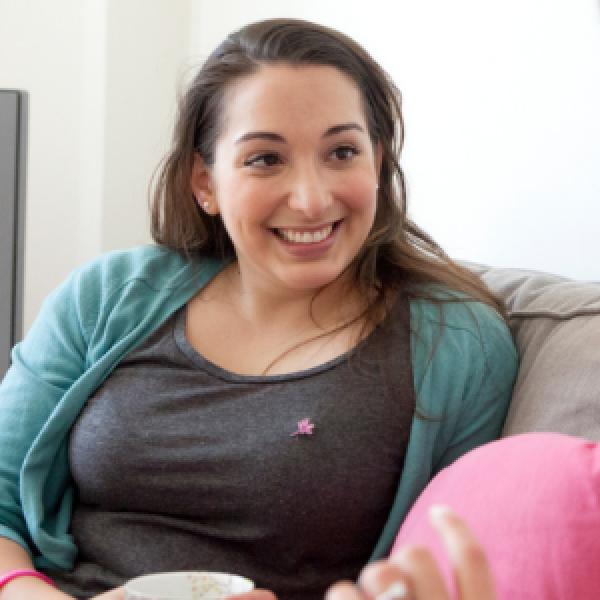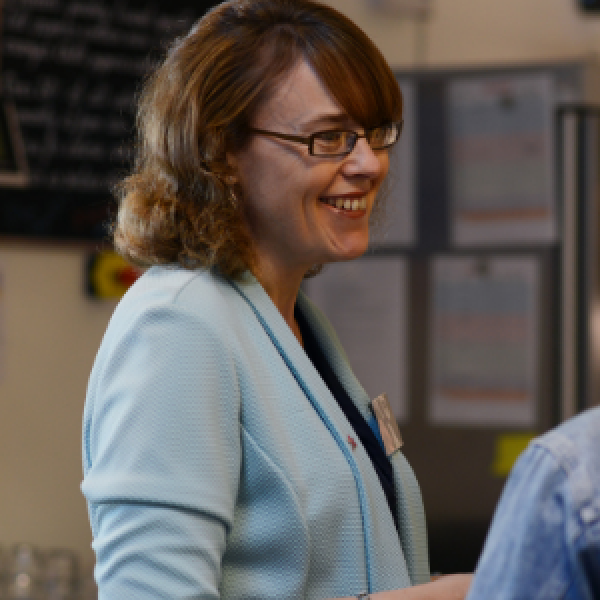Take part in new research
Last modified: 2 June 2025, 09:05
Our research
Keep checking here for upcoming research opportunities with Jo’s!
Other organisations
Opportunities to work with other organisations and researchers.
Research studies
- Are you a cis-gender woman who has been diagnosed with high-risk HPV in the last 24 months via the NHS for the first time? Are you able to recall this experience in detail and willing to attend a 60–90 minute interview? Are you over 18 and fluent in English? Researchers at the University of Hertfordshire hope to explore how you make sense of this experience and what meaning this holds for you personally. The interpretation hopes to help identify where further emotional support may be helpful for cis-gender women in the UK.
Are there any restrictions to taking part?
- You must not have received a diagnosis of low-risk HPV
- You must not have received multiple diagnoses of high-risk HPV where your body has cleared the virus (e.g., indicated by a negative cervical screening result after receiving a positive result) before contracting the virus an additional time, leading to a new diagnosis. If you have received multiple positive test results from the same infection (e.g., 12 months apart), you are still eligible to take part
- You must not have been diagnosed with cervical cancer or another gynaecological illness that has a direct and significant impact on your experience of HPV
- You must not have received treatment for cell changes (e.g., large loop excision of the transformation zone (LLETZ)).
If you want to take part, or find out more information, please email: [email protected]
- Do you have a diagnosis of radiation proctopathy following pelvic radiotherapy? Do you suffer from significant rectal bleeding as a result? If you have answered yes, you may be eligible to take part in a research project currently being run at Wythenshawe Hospital in Manchester. The project is looking into a new treatment for radiation proctopathy called PURASTAT and comparing it to the current treatment available. If you are interested in the study, or would like to receive more information, please email [email protected] and use ‘PURASTAT Study’ as the subject line. Alternatively, you can call our research office on 0161 291 4495.
- Do you want to help develop a draft intervention (‘Vicky’) to help people overcome their barriers to cervical cancer screening (CCS)? Researchers at the University of Manchester are looking for people of cervical screening age to take part in a remote-based ‘think aloud’ study. The aim of the research is to assess the acceptability of a draft online tool called ‘Vicky’ being developed to help people overcome their barriers to attending cervical cancer screening. If you have a cervix and are aged 25 to 64, find out more >
- Macmillan Cancer Support want to hear from patients attending hospitals and in contact with cancer teams in the Somerset, Wiltshire, Avon and Gloucestershire areas, to help understand how confident you feel in using digital technology. You can take the survey online, request a paper copy by emailing [email protected] or ringing/texting 07834 192203, or answer via phone by booking an appointment using the previous email and telephone details.
- Queen’s University Belfast and the University of Aberdeen are investigating the impact of the coronavirus (COVID-19) pandemic on cancer patients, patients with pre-cancerous conditions and caregivers: www.surveymonkey.co.uk/r/IMPACCTsurvey
- Researchers at Loughborough University want to learn more about the of women who have been treated for cervical cancer. They are interested in identifying how factors such as physical activity may contribute to an enhanced recovery. For more information, contact Ms. Nessa Millet at [email protected] or 07551460347.
- Are you 60–70 years old and have had an abnormal screening result in the last few years? Researchers at University College London want to explore attitudes to extending cervical screening post-64 years and are looking for help designing their research. If you are interested, contact Dr Laura Marlow at [email protected] or 020 7679 1798.
- Are you 18–64 years old and have had bleeding after sex or between periods in the past 2 years? Help design a study to improve healthcare for women with gynaecological symptoms. To find out more, contact Alex Castanon at [email protected].
- Share your experience of the NHS cervical screening programme: University College London are collecting your experiences to find out how the programme can offer more support.
- Have you been diagnosed with a gynaecological cancer within the last five years? Do you still experience fatigue as a result of this? Researchers at Ulster University are looking at how mindfulness and exercise delivered thorough a mobile app may help you to manage this symptom. If you are over 18 years old, have fatigue, and are not currently participating in regular exercise or mindfulness, Ulster University would like to hear from you. For further information, please contact Kairen McCloy: [email protected] or 07706020793.

Volunteering
Would you like to support our work? Take a look at our volunteering roles.

Our research
We regularly carry out or commission research which shapes our policy work.
Date last updated:
18 Jan 2024
